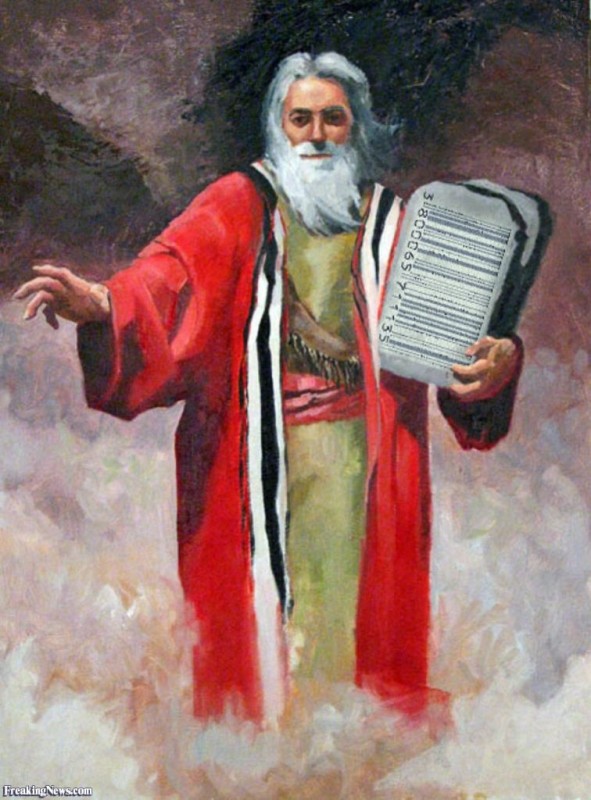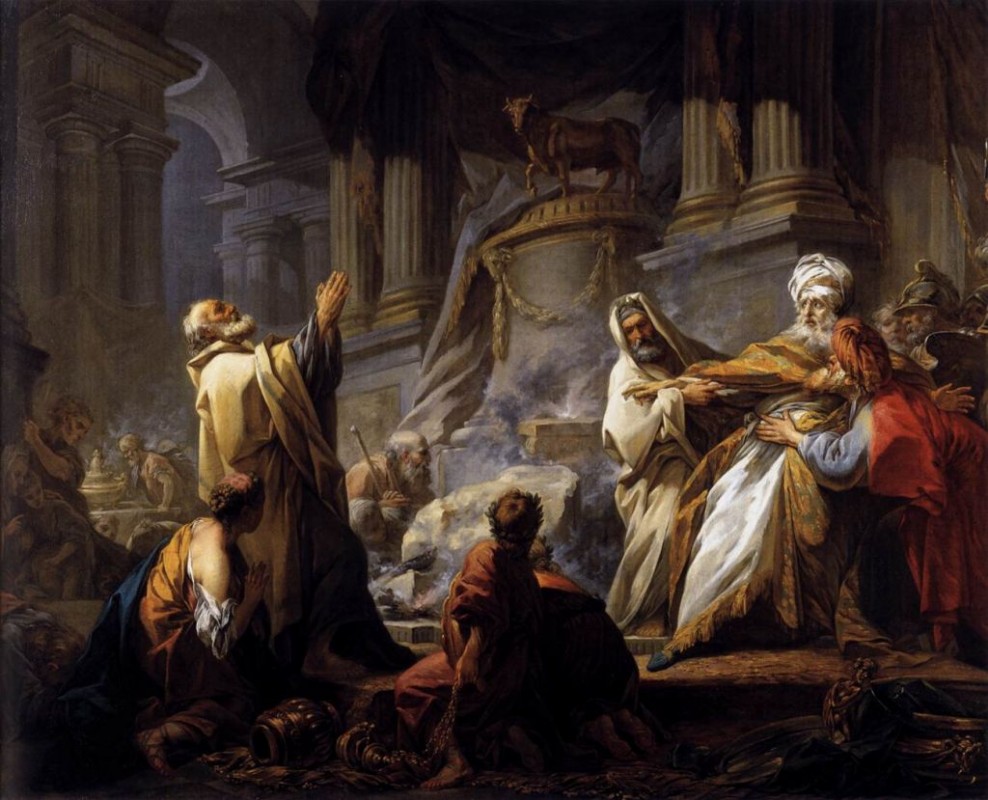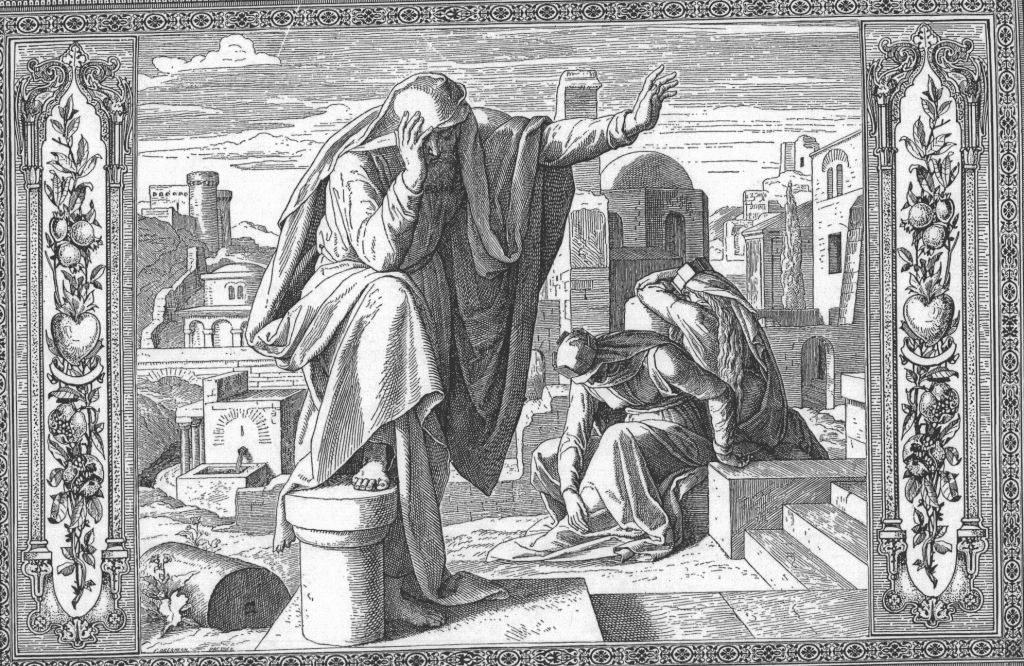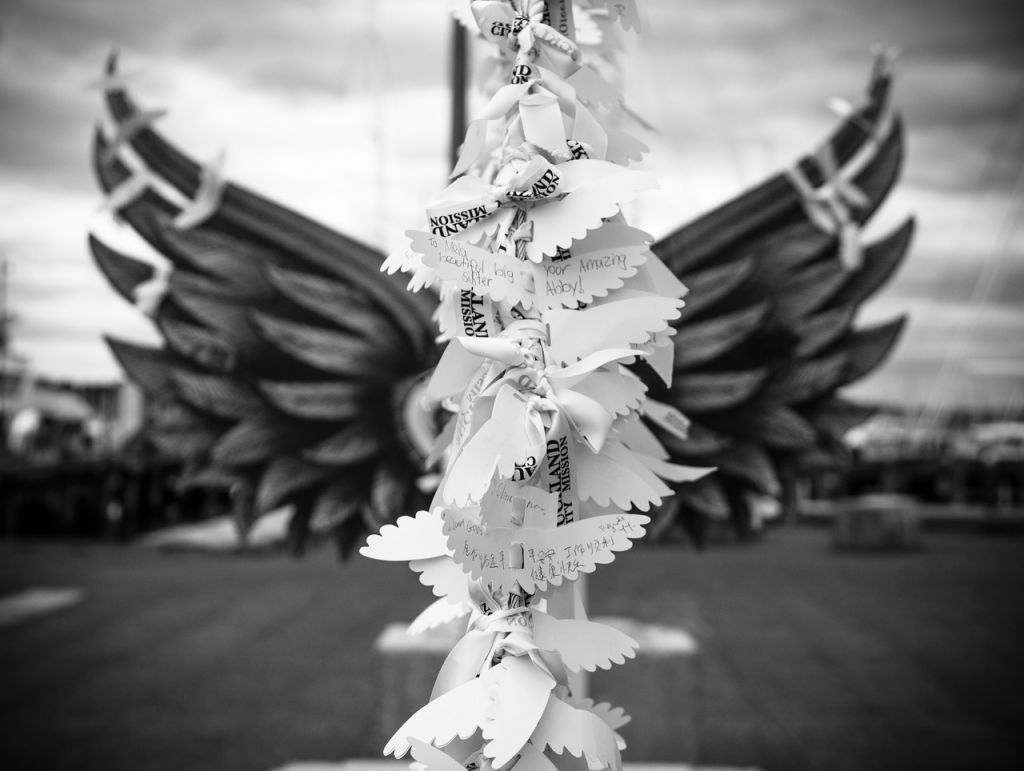
The Book of “Lamentations” is a record about the destruction of Jerusalem and its toll on the people of Judah. It was reported to be written by Jeremiah. Though composed in poetic form, the book is not to be mistaken for a work of fiction. By writing it as a poem, the effect of the reality is delivered across more clearly.
- The Covenant Breached
Jerusalem was totally destroyed in 586 BC by the Babylonians. This happened because Judea had breached the covenant (promise of eternal blessing) that GOD had given His people. This covenant was recorded in Exodus 19:5-8. It was given to Israel through Moses at Mount Sinai. It was presented decades before the Israelites entered the Promised Land. Israel’s twelve tribes were to follow GOD’s commands if they wished to remain under His protection. During the 8th to the 6th centuries BC, Israel (the northern kingdom of 10 tribes) and Judea (the southern kingdom mainly of the tribes of Judah and Benjamin—with Jerusalem its capital city) were exposed to attacks from Egypt, Assyria and Chaldea (Babylon).

- The Fall of Israel and Judea
Around 628 to 586 BC, over a period of some 40 years, three kings ruled Judea: Josiah, Jehoiakim and Zedekiah. Israel had fallen earlier to Assyria by 721 BC. This was about 135 years before Jerusalem’s fall. The fall of Jerusalem had been prophesised for about 100 years before the event. This prophecy was recorded in Isaiah 39:6 and Micah 4:10.
- The Prophecy and Jeremiah
Jeremiah had prophesised that unless Judah repented, it too would fall like Israel. The covenant was breached because all classes of persons, from kings, nobility, priests, prophets, men and women were engaged in the worship of pagan idols. They had no love of GOD and preached as well as practised apostasy. Religion was superficially dealt with. The fasts and feasts decreed by GOD were neglected. False, foolish and misleading visions were championed by Jerusalem’s prophets.
The sin of Judea was never exposed by her prophets(Lam 2:14).Things were so bad that GOD even assured Jeremiah that He would pardon Judah if only He could find one person who lived truthfully and who practised justice in Judea(Jer 5:1). This was not to be the case. Jeremiah instead prophesised that the Jews would be captives in Babylon for 70 years (Jer 25:11& 12).He himself was unharmed by the Babylonians (Jer 39:11-14). Jeremiah was kidnapped by members of the Jewish nobility and forced to live in Lower Egypt, (Jer 43:5-7) possibly till his death.
“Lamentations” was probably written during a three month period extending from the burning of Jerusalem to Jeremiah’s residence in Lower Egypt.

- The Destruction of Jerusalem
Before the fall of Jerusalem, the city had a reputation of being unassailable (4:12). She was a city which represented the perfection of beauty and was a joy to all who saw her. Jerusalem’s enemies were glad that the day of her destruction had finally arrived. They felt that it was worth their wait to witness the event (2:15-16).The whole city had been destroyed: palaces, walls, fortifications, gates (2:8& 9).However, Jeremiah realised that the enemy would be repaid by GOD for the humiliation of His people (3:60-66).A plea for the restoration of His people from the devastation was made (5:19-22). Edom, who frequently cooperated with Jerusalem’s captors in their attacks on Israel & Judea, would suffer such retribution (4:21& 22).
- GOD’s Response to Disobedience
GOD’s anger dealt with the source of His people’s disobedience. He uprooted it out like a consuming fire (1:18, 20; 2:3; 4:11). GOD distanced Himself from His people. He Himself cast away the glory that they represented. His wrath had now caused them to be emotionally and spiritually depressed (2:1&2). In doing this, GOD had left the way open for the enemy to subjugate His people, treating them instead as His own enemy and destroying everything in their path(2:3-5). Jerusalem received an unbearable punishment (1:14).This gave the enemy gratification that it was GOD who delivered His own people up for punishment (1:21). He had not spared their destruction and He let the enemy rejoice and triumph over the fall of His people. Never before had GOD dealt with anyone in this way (2:20). The powers of evil rejoiced at the fall of GOD’s people (1:7b). The enemy (the devil) became a glorified entity instead (1:9).

- Magnitude of Divine Punishment
The greatness and majesty of Judah was taken way (1:1&6) and desolation and bitterness pervaded the lives of its inhabitants. Treachery and enslavement by Judea’s enemies was the only way of life (1:3 & 5). The pain was intensified by GOD’s anger at them and they felt it terribly (1:12&13). A crushed and trodden spirit was present in people’s lives. Sorrow and comfort seemed distant. When people’s hands were outstretched for some sort of deliverance, the only response they obtained was a spiteful one (1:15-17). Multitudes were slain in the street and death reeked in their houses (1:20 & 21).This was punishment for rebellion (1:18).People were being eliminated openly amidst their moaning & groaning (2:5). The bitter side of GOD’s purpose had been fulfilled as He had promised (1:17&18; 2:17; Jer 5:15-17).
- The Life of Despair
7.1 Cost
The standard of living in Jerusalem had fallen as basic survival rather than prosperity was the focus (1:11; 5:9). Life had seemed cheap (4:1&2).People recalled their former days of abundance. Now they had no vision from GOD (1.7a; 2:9&10). Those who used to be well-off were now exposed to hardship (4:5).Everyone lost their inheritance (5:2). They now had to pay for basic utilities such as wood and water (5:4).
7.2 Social Profile
GOD’s people became despised and were dishonoured. Their hearts were weakened with their lack of confidence (5:17). They appeared to be the equivalent of a morally and spiritually bankrupt people (1:8-10). They were exposed to famine (1:11; 5:10).People’s looks were totally transformed. They were not a sight to admire (4:8), possibly due to hunger, captivity and depression.
No age group was spared death and enslavement. No joy was found amongst GOD’s people (5:11-15).There was no family life. Society had broken down (2:9). People led lives that were the equivalent of being slaves (1:3; 5:3 & 5).Jerusalem’s nobility (the younger generation) had fled the country (1:6).Men had no identity and appeared to be mere physical creatures (4:1-2).

Women took their degradation quietly and the elders were equally silent in their mourning (2:10, 5:11). Infants had no food (4:3&4). Openly, there was vast suffering in the streets with the death of infants if they had not yet been carted off by the enemy (1:5; 2:11&12). Women were even considered to have abandoned their children (4:3).Children strived amidst hunger, and women ate their healthy infants—a satanic practice, no doubt (2:19 & 20; 4:10)! Young men, representing the future generation, were slain on the streets (1:15; 2:21).Terror was felt on all sides by women when they saw this happening (2:22).
Priests, prophets, men and women were physically ostracised by their invading captors (4:15-20). Priests and prophets were slain unsparingly in their very own sanctuary by the enemy (2:20).GOD seemed to have destroyed the very religious structure that He had established at Sinai (2:6 & 7).
Compared to Sodom, which was destroyed instantly, Jerusalem was probably worse off. This was because she had to ride out her punishment under her enemies (4:6). She was uprooted and exiled to Babylon, some 500 miles away. This was for a period amounting to 70 years and Judeans then knew what it was to be exploited as a prisoner, living under conditions of slavery in a foreign land.
- The Prophet’s Spiritual Reflections
The author of “Lamentations” experienced terrible alienation. He was in tears and his spirit was troubled. The prophet saw a massive catastrophe that possibly could never have been ended (2: 13). It seemed to him that Judea had become the world’s refuse dump (3:45). He went through bitterness, hardship as a captive (3:5-7). Physically, he felt wasted away and spiritually he seemed to be broken (3:4). He sensed that he was biting the road and eating the dust (3:16). His soul appeared totally devastated and he had lost all hope and strength (3:17& 18).It seemed that prayer was blocked off by GOD. The prophet felt that he was like prey to beasts and a target for destruction—except that it was GOD who appeared to be his enemy(3:8-13).His sense of alienation was so bad that it looked as to him as though everyone considered him a fool (3:14).

However, despite this dark cloud, the author learnt the meaning of humility during his bitter affliction and wandering (3:19& 20). He viewed the affliction as arising from GOD’s wrath (3:1-3). He knew that GOD does not afflict His people without reason (3:22-36).Both good and evil are within the decrees of GOD, he testified (3:38). He was aware that the sin of GOD’s people had brought about the devastation—devastation so great that had never been experienced before (1:1, 2, 18 & 20). He retained his hope in GOD’s love, kindness and compassion. GOD was sufficient for him, a day at a time. The prophet realised that his redemption would eventually come about. He accepted that his wait for restoration would prove to be a good thing in time to come. The magnitude of his suffering did not escape him (3:46-59).He recognised his own sin and offered up his repentance (3:39-44).
- Lessons from Lamentations
Reflections on the destruction of Jerusalem illustrate the following considerations:
i) GOD is patient with those who disobey His laws: He gives them ample warning and time to repent;
ii) When His patience runs out on us, GOD’s intervention would be very devastating physically, emotionally and spiritually; we would be “sinners in the hands of an angry GOD” (paraphrasing Jonathan Edwards, the 18th century American preacher and theologian);
iii) GOD will use the agencies of the unsaved when dealing with us over our sin;
iv) GOD’s use of the unsaved for His purposes will not exempt them from His retribution later;
v) Before imposing intense suffering on us for our correction, GOD would have forgiven us;
vi) GOD’s love for His people is all-pervading: He would ultimately restore His blessings to us—but the punishment must be served out, though;

vii) Sin is always present in our lives: it must seriously and immediately be dealt with and not taken lightly—the longer the delay for repentance, the more likely sin may become a way of life and the greater would be the devastation, if sin were allowed to persist;
viii) defeat, destruction, devastation, desolation, despair, depression, dispossession, degradation and demonisation, which constitute the spirit of an alienated people, came across the whole of Jerusalem from hell: GOD’s people alone, had invited this on themselves;
ix) Jerusalem was destroyed twice in history on such a scale as recorded in “Lamentations”: the second occasion was in 70 AD– Christ Himself then warned His people of their soon-to-be experience (Matt 24:34);
x) The lament on Jerusalem is a very graphic warning about hell—hell is downtrodden Jerusalem magnified infinite times over.
————–
NOTE: Tony Dibble worships at Endeavour Christian Gathering, in Perth, Western Australia. Prior to this, he was attending the Church of Our Holy Saviour (COHS), in Labuan, East Malaysia. When in Kuala Lumpur, he worships and preaches at Faith Oasis Fellowship (FOF) Subang Jaya, Selangor.
| Share the Good News |




Leave a Reply